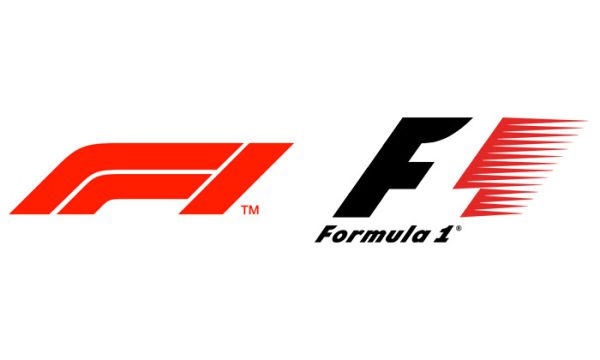
Formula 1 has today partnered with UNICEF to help the world’s most vulnerable children access quality
education. It will also bolster UNICEF’s humanitarian response around the world, so it can help protect
children in emergencies, such as those caught up in the recent earthquakes in Türkiye and Syria.
Formula 1’s support over the next three years could help an estimated 6.5 million children from vulnerable
and marginalized communities access quality education, including in key areas such as Science, Technology,
Engineering and Maths, (STEM) and enable UNICEF to provide temporary learning places for children in
emergencies.
UNICEF’s State of Global Learning Poverty 2022 update estimates that in 2022, 70 per cent of the world’s
10-year-olds lacked basic literacy skills. Limited access to the internet and digital devices, an issue
exacerbated by the COVID-19 pandemic, has widened inequalities and the digital divide. Those from
disadvantaged backgrounds were less likely than their peers to have access to the internet to be able to
continue their learning.
A significant focus of the partnership with Formula 1 will be to improve digital access through the expansion
of UNICEF’s Learning Passport – a portable digital platform that enables children to continue learning online
and offline. The Learning Passport is currently operational in 26 countries. Formula 1’s support will help
UNICEF expand the programme to an additional 19 countries and enable the launch of an offline version for
children in Mexico and Brazil.
F1 will support the child rights agency’s emergency response efforts through a donation to their Emergency
Fund.
Formula 1 has today partnered with UNICEFtohelp the world’s most vulnerable children access quality
education. It will also bolster UNICEF’s humanitarian response around the world, so it can help protect
children in emergencies, such as those caught up in the recent earthquakes in Türkiye and Syria.
Formula 1’s support over the next three years could help an estimated 6.5 million children from vulnerable
and marginalized communities access quality education, including in key areas such as Science, Technology,
Engineering and Maths, (STEM) and enable UNICEF to provide temporary learning places for children in
emergencies.
UNICEF’s State of Global Learning Poverty 2022 update estimates that in 2022, 70 per cent of the world’s
10-year-olds lacked basic literacy skills. Limited access to the internet and digital devices, an issue
exacerbated by the COVID-19 pandemic, has widened inequalities and the digital divide. Those from
disadvantaged backgrounds were less likely than their peers to have access to the internet to be able to
continue their learning.
A significant focus of the partnership with Formula 1 will be to improve digital access through the expansion
of UNICEF’s Learning Passport – a portable digital platform that enables children to continue learning online
and offline. The Learning Passport is currently operational in 26 countries. Formula 1’s support will help
UNICEF expand the programme to an additional 19 countries and enable the launch of an offline version for
children in Mexico and Brazil.
F1 will support the child rights agency’s emergency response efforts through a donation to their Emergency
Fund.
F1 PR



